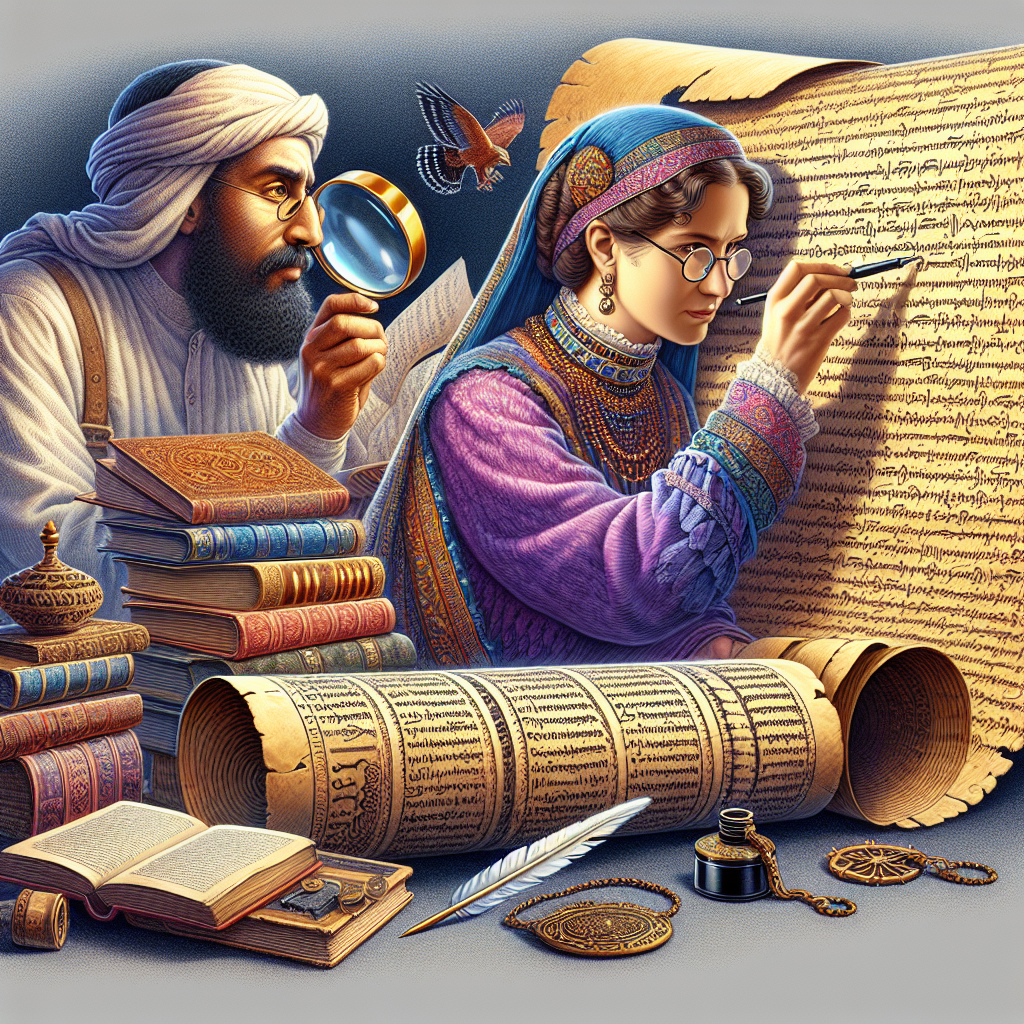The act of researching history involves much more than merely collecting old documents and piecing together stories. It requires a deep understanding of the chronology of historical events, which underlines the need for a timeline in historical research. Time and sequence are intricate parts of ancient occurrences, making them pivotal in unveiling the true story behind the past. Addressing ambiguity, improving understanding, and fostering comprehension are just a few ways how using a timeline can help a researcher delve deeper into the past.
Roles Played by Timelines in Historical Research
Timelines render a visual representation of historical events, laying them out in a manner that helps to better comprehend the course of actions. The chronological order of the events is crucial in determining the causes and consequences, paving the way for a clearer understanding of the history that lies behind them.
Timelines also help in identifying gaps in history, suppose if a certain period does not account for any evident historical event, it might create a query leading the researcher to dig deeper. These gaps often contribute to the completeness of historical research.
Understanding the Pattern of Events
Reducing complexity and confusion, a timeline simplifies the connection between the multiple occurrences. Recognizing patterns, drawing similarities, and distinguishing differences become way more manageable when the events are laid out in a timeline. It helps the researcher to find out if the events are repetitive or if they follow a certain pattern, impacting the way the research is conducted.
Fostering Comparative Analysis
A timeline also promotes comparative analysis. Looking at different events in a chronological order allows researchers to compare and contrast based on time, scale, and impact, assisting further towards the goal of reaching sound conclusions.
Conclusion
In conclusion, timelines are immensely significant in historical research, shedding light on the sequence and the patterns of historical events. They enhance the comprehensibility of complex instances and promote a coherent understanding of the past, underlining their necessity in the realm of historical studies.
FAQs
-
Q: Why is the chronological arrangement important in historical research?
A: The chronological arrangement is vital because it helps to understand the sequence of events, the causes and effects of those happenings, and their implications.
-
Q: How do timelines facilitate historical research?
A: Timelines provide with a visual representation of events, making it easier to comprehend their chronological order. They also help in identifying gaps and patterns in history.
-
Q: How does a timeline contribute to comparative analysis in historical research?
A: A timeline permits comparison and contrast of different events based on their time, their scale, their impact, and more, fostering a comprehensive comparative analysis.
-
Q: Can I conduct historical research without a timeline?
A: While it is possible to conduct historical research without a timeline, it may lead to confusion and a poor understanding of the sequence of events and their relationship with each other.
-
Q: What are some key benefits of using timelines in historical research?
A: Timelines simplify the understanding of complex historical events, help to fill in the gaps in history, permit comparison and contrast of events, and facilitate an overall organized approach towards historical research.

